Ai Generated Fashion Models and Fashion Shoots
Is the fashion industry ready for a virtual revolution? The rise of AI-generated virtual models and Ai-generated photo shoots.
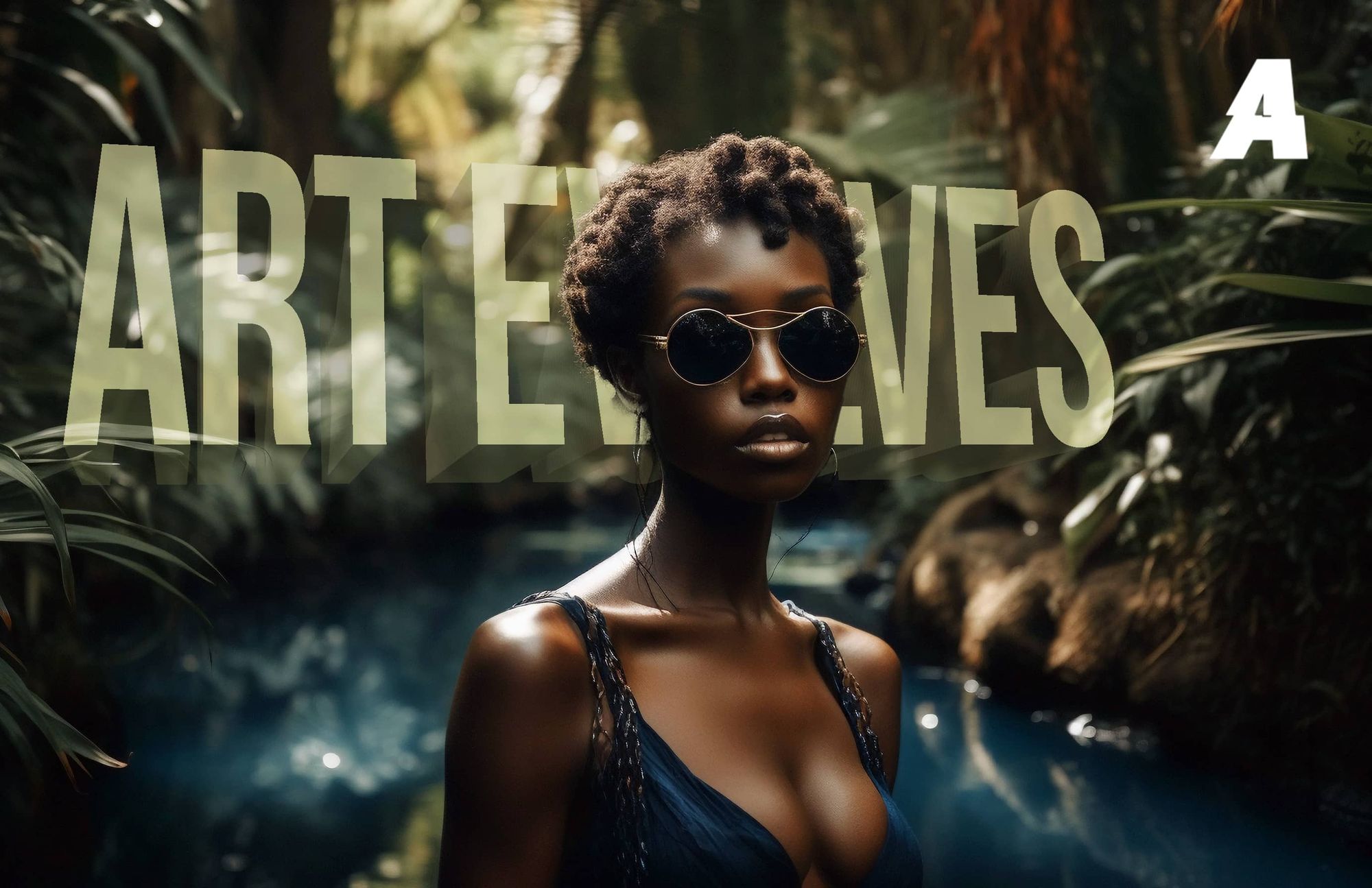
AI Virtual Models: The Future of Fashion?
Is the fashion industry ready for a virtual revolution? The rise of AI-generated virtual models is shaking up the industry, with brands like Levi's using custom models to promote inclusivity and diversity.
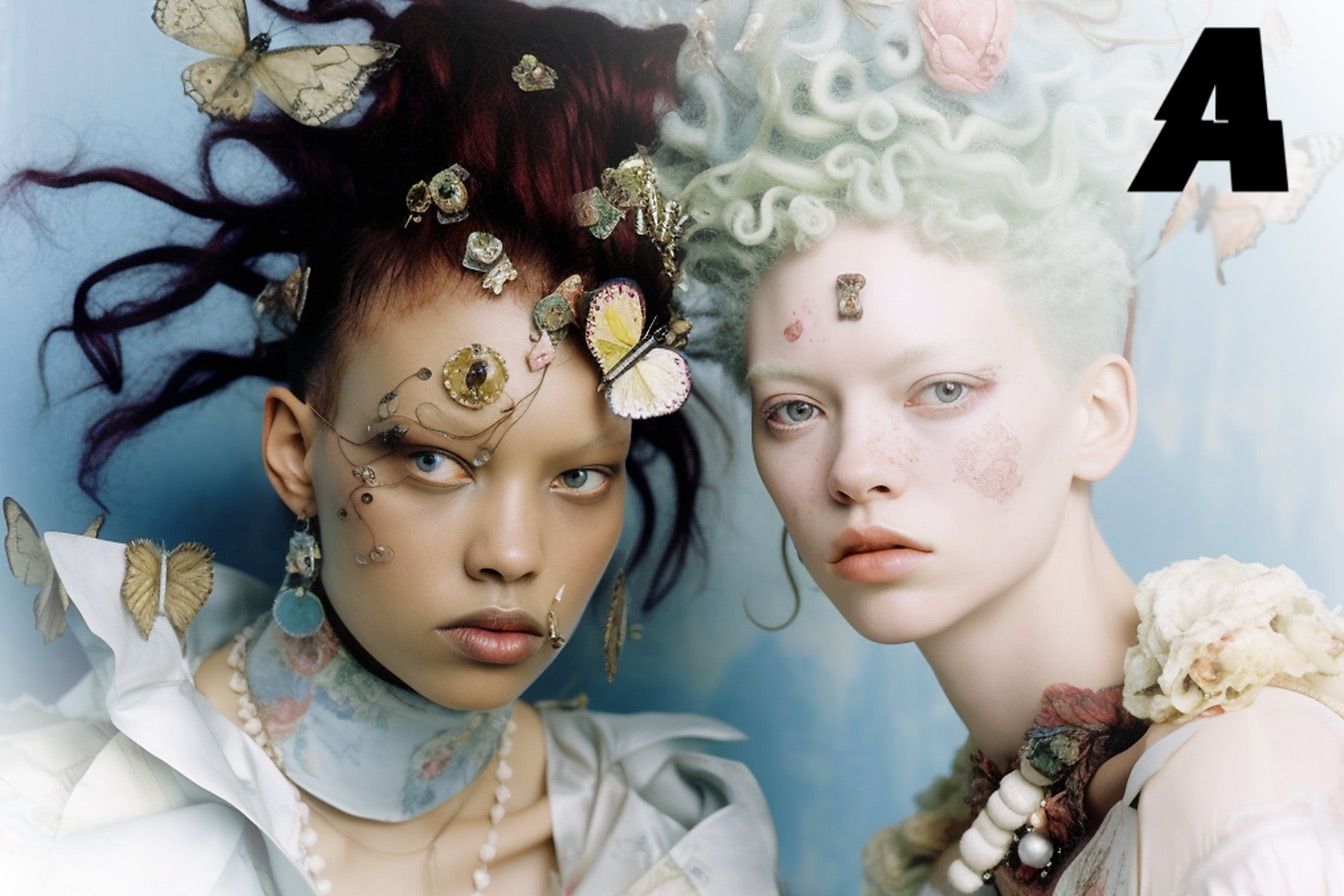
Fashion brands like Levi’s are turning to AI technology to create custom models that promote diversity and inclusivity. These AI-generated models can be programmed to showcase different body types, ethnicities, and ages, breaking down barriers and providing a platform for greater representation in the industry.
Artificial Diversity? 🤔
AI-generated models can be programmed to showcase different body types, ethnicities, and ages, breaking down barriers and providing a platform for greater representation in the industry. And they're not just for high-end fashion brands - smaller companies and indie designers are also experimenting with virtual models to showcase their collections.
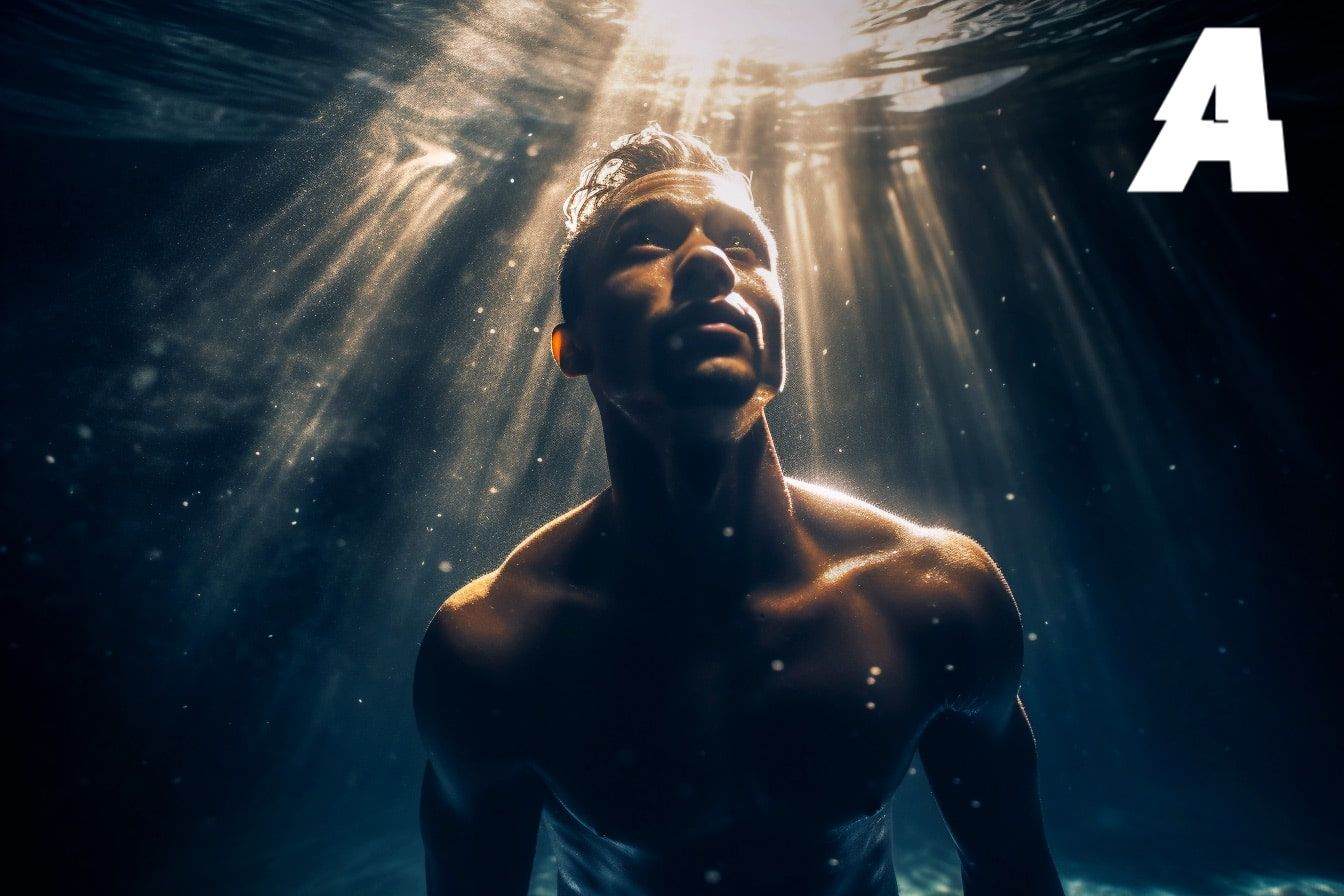
The benefits of using AI-generated virtual models are clear. For one, they can be customized to fit the specific needs of a brand, making them ideal for showcasing a particular aesthetic or message. They are also cost-effective, allowing brands to create a range of diverse models without the expense of hiring real human models.
But what about the downsides? Some critics argue that the use of AI-generated models could contribute to further objectification of women and unrealistic beauty standards. Critics argue that virtual models could contribute to further objectification of women and unrealistic beauty standards. Others point out that virtual models lack the human connection that is so important to many consumers.
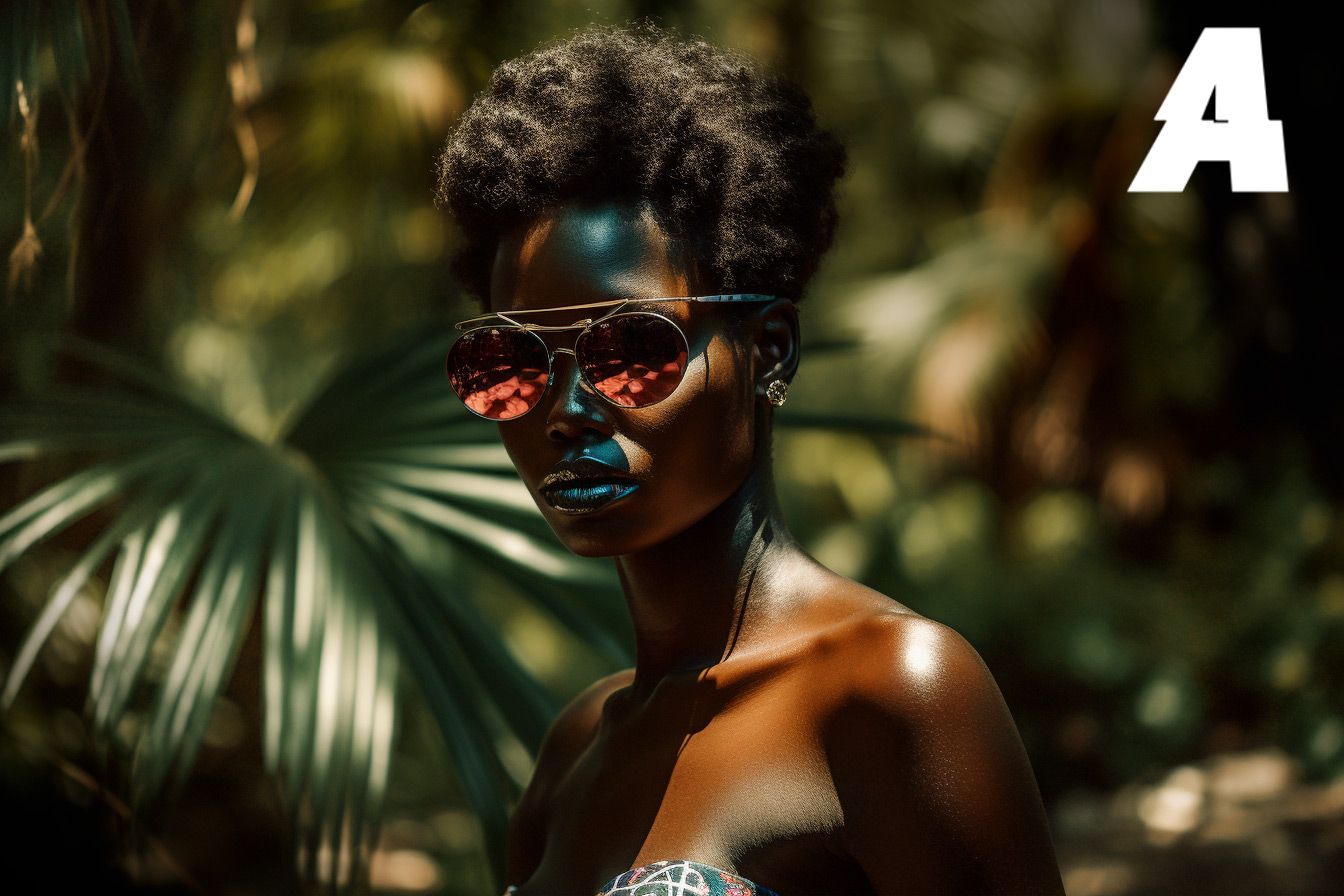
Despite these concerns, the use of AI-generated virtual models is gaining momentum. In addition to Levi’s, other brands like Balenciaga and Gucci have also used virtual models in recent campaigns. And it’s not just high-end fashion brands that are embracing this technology - smaller companies and indie designers are also experimenting with virtual models to showcase their collections.
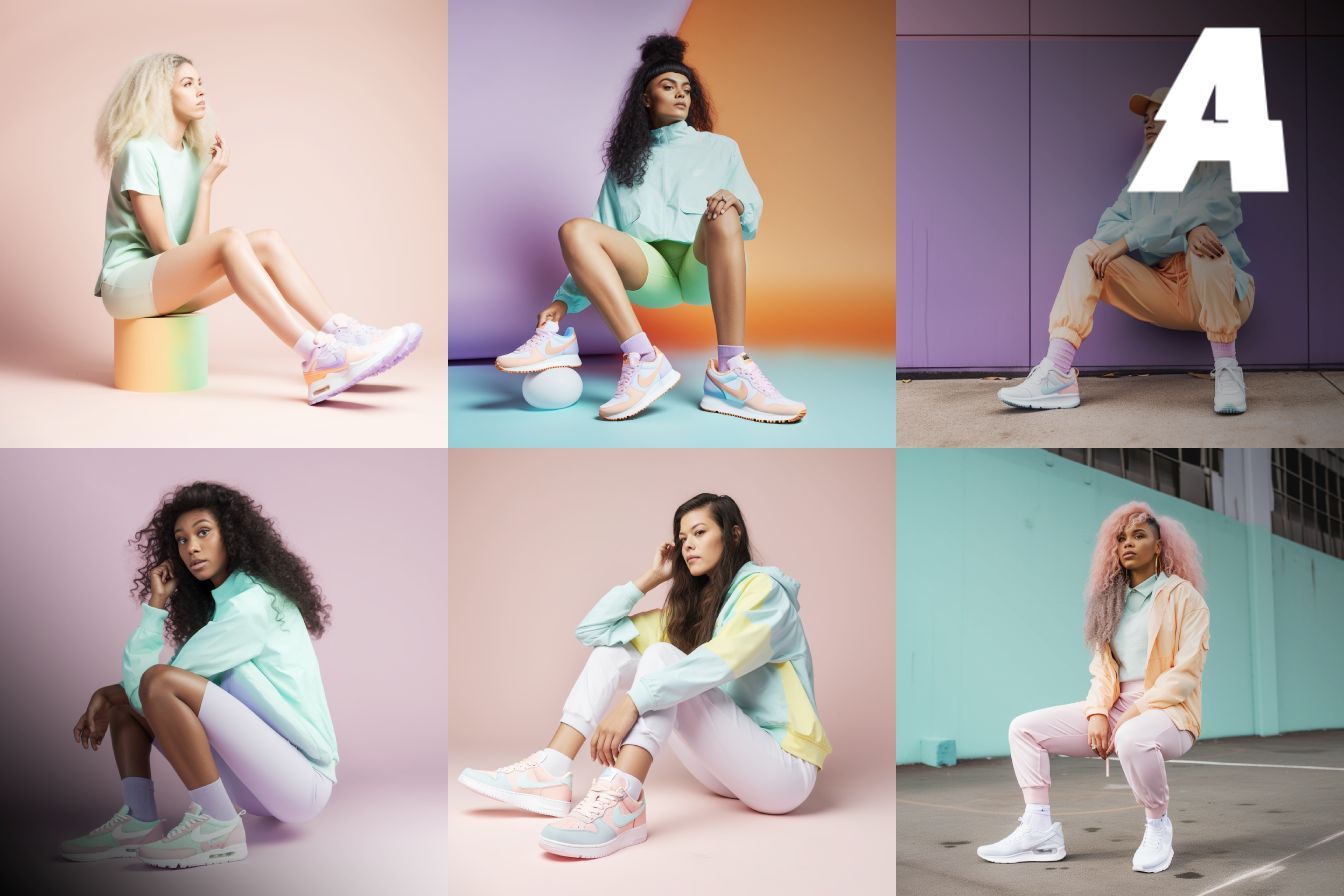
So what does this mean for the future of fashion? Will real models become obsolete as virtual models become more common? It’s hard to say for sure, but one thing is clear: the fashion industry is constantly evolving, and AI technology is just the latest tool being used to push the boundaries and create new opportunities for inclusivity and creativity.
At the end of the day, it will be up to individual consumers to decide whether they prefer the human touch of real models or the futuristic allure of virtual ones. But one thing is for sure: AI-generated virtual models are here to stay, and they are poised to revolutionize the fashion industry in ways we can only begin to imagine.
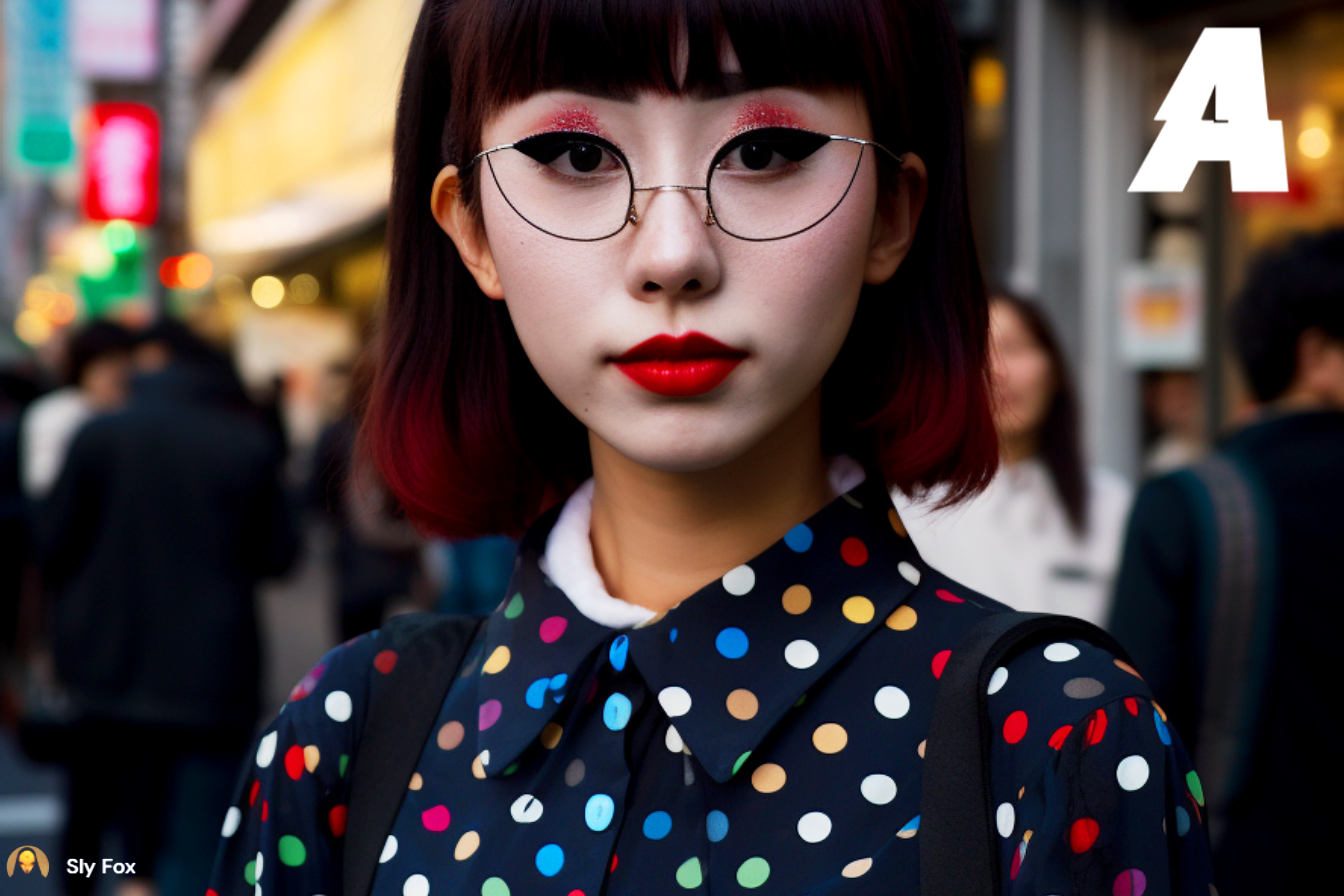
So next time you're browsing your favorite fashion brand's website, take a closer look - that model staring back at you might not be as human as you think.
